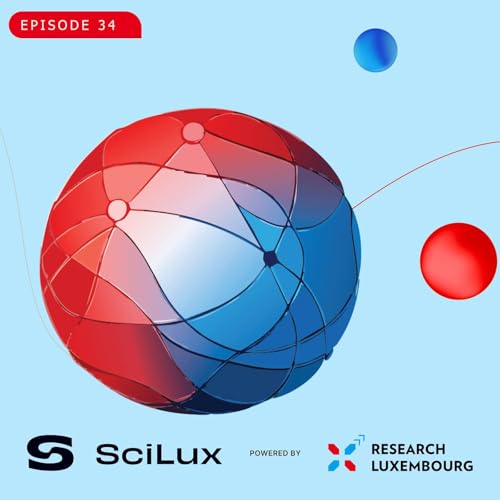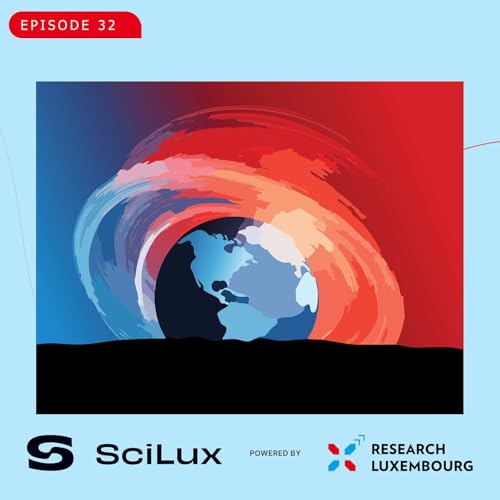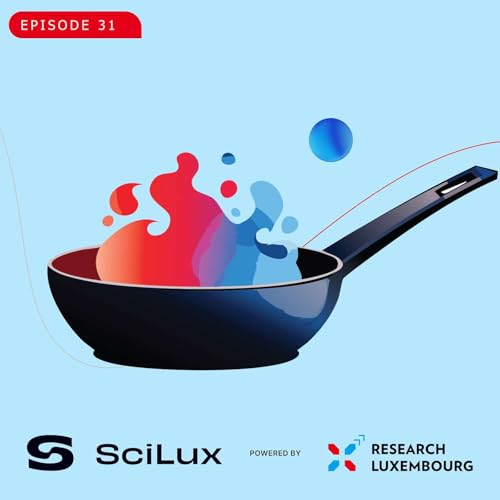Did you know Luxembourg is home to space weather experts?
Space weather – a term that may sound unfamiliar to many – encompasses a broad range of solar phenomena that can significantly impact life on Earth and the technology we rely on daily. This is the specialisation of Dr. Carl Shneider from SnT (University of Luxembourg), whom we spoke with recently.
One of the most fascinating aspects we discussed with Carl is the role of Earth's magnetic field in shielding us from solar radiation. He explained how the sun's magnetic field interacts with our own, creating a protective barrier that helps mitigate the effects of solar storms. However, when these storms are particularly intense, they can penetrate this shield, creating beautiful auroras but also posing potential hazards to our technology and infrastructure.
Listeners will also learn about historical events, such as the Carrington Event of 1859, which caused widespread disruptions to telegraph systems and serves as a stark reminder of the potential dangers posed by solar activity. Carl emphasised that as our reliance on technology increases, so does our need for robust space weather monitoring and preparedness.
USEFUL LINKS
More about SnT: https://www.uni.lu/snt-en/
More about Carl Shneider: https://www.uni.lu/snt-en/people/carl-shneider/
Laschamp excursion - https://en.wikipedia.org/wiki/Laschamp_event
Dynamo theory - https://en.wikipedia.org/wiki/Dynamo_theory
Forbush decrease - https://en.wikipedia.org/wiki/Forbush_decrease
Goldilocks zone - https://science.nasa.gov/exoplanets/what-is-the-habitable-zone-or-goldilocks-zone/
5 things: Space Weather - https://www.youtube.com/watch?v=HrloxznL93s&pp=ygUNc3BhY2Ugd2VhdGhlcg%3D%3D
SOHO - https://soho.nascom.nasa.gov/
Parker Solar Probe - https://en.wikipedia.org/wiki/Parker_Solar_Probe
Swift Mission - https://science.nasa.gov/mission/swift/
LISA mission - https://www.esa.int/Science_Exploration/Space_Science/LISA/LISA_factsheet
Books Carl talks about:
*Bryan Gaensler, Extreme Cosmos: https://unsw.press/books/extreme-cosmos/
*Karel Schrijver, Living with the Stars: How the Human Body is Connected to the Life Cycles of the Earth, the Planets, and the Stars: https://academic.oup.com/book/34801
*Delores Knipp:
Paper: Timelines as a tool for learning about space weather storms: https://www.swsc-journal.org/articles/swsc/full_html/2021/01/swsc200106/swsc200106.html
Book: Understanding Space Weather and the Physics Behind It: https://spacetechnologyseries.com/books/Space-Weather.html
 43 分
43 分 40 分
40 分 51 分
51 分 48 分
48 分 55 分
55 分 47 分
47 分 2025/07/0837 分
2025/07/0837 分 2025/07/0156 分
2025/07/0156 分
